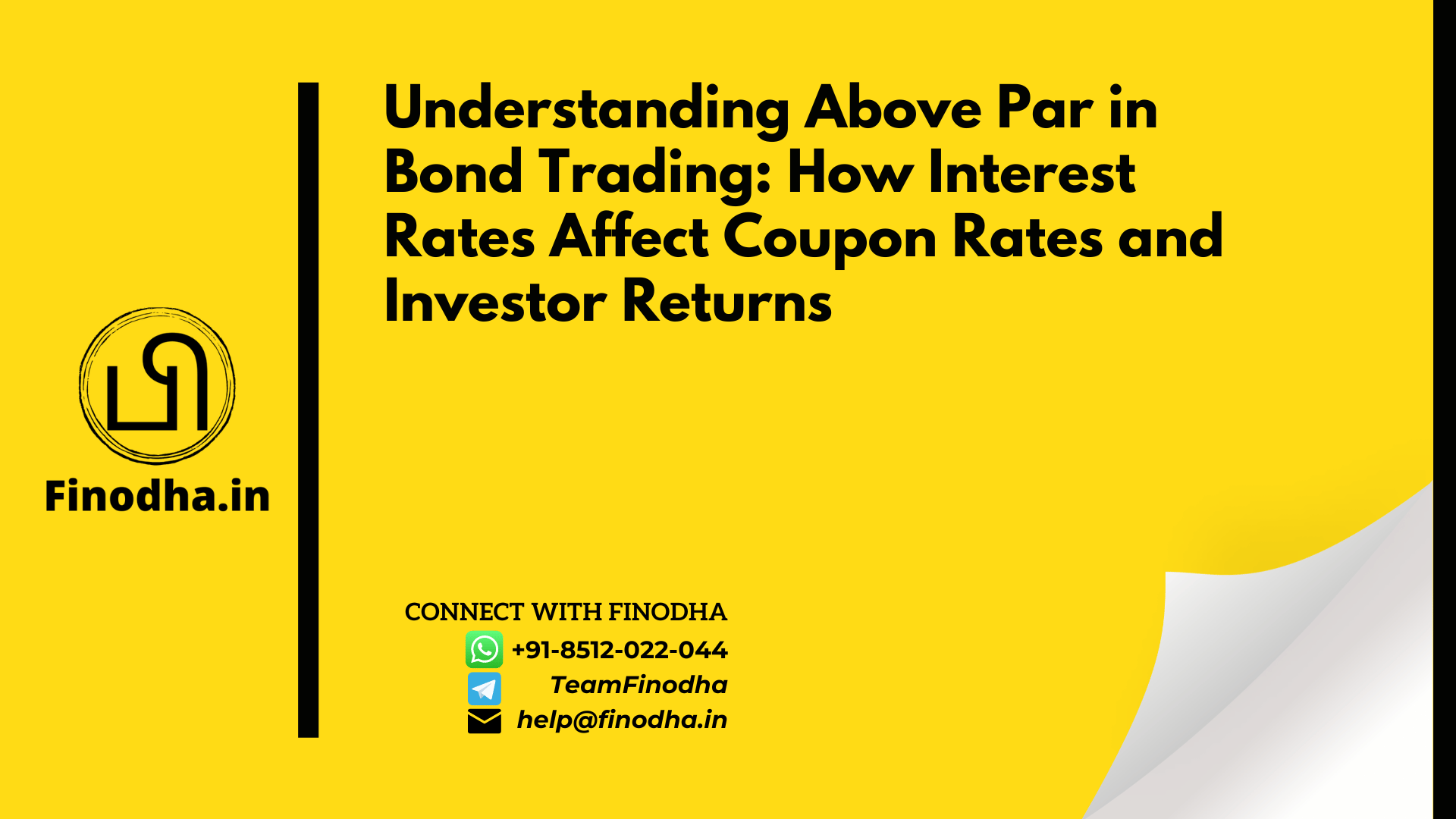Important keyword: Emerging Market ETFs, Economies, Investment Portfolio, Diversification, Natural Resources.
Table of Contents
Introduction
In the fast-evolving world of investments, one term that keeps catching the attention of savvy investors is Emerging Market ETFs. These exchange-traded funds focus on stocks from developing countries like India, Brazil, and Thailand, offering significant growth potential. But what exactly are Emerging Market ETFs, and why are they considered both an opportunity and a risk? Let’s break it down in simple terms, so anyone with even limited English grammar knowledge can understand.
What Are Emerging Market ETFs?
Emerging Market ETFs are investment funds that pool money from multiple investors to buy a basket of stocks from developing economies. These economies are still growing and have the potential for rapid development. ETFs are passively managed, meaning the fund tracks an underlying index, like the MSCI Emerging Markets Index, without the involvement of fund managers actively picking stocks. The aim is to reflect the performance of the broader market, spreading your investment across many companies in different countries.
How Emerging Market ETFs Work
When you invest in an Emerging Market ETF, you are essentially investing in stocks from countries that are not yet fully developed. These countries often have abundant natural resources, growing economies, and increasing demand for goods and services. However, they also tend to be more volatile than developed markets like the United States or Europe.
For example, an Emerging Market ETF that tracks Indian or Brazilian companies will rise and fall based on how the economies in these countries perform. When their markets grow, so does your investment, but when they experience downturns, you could see significant losses.
Why Should You Consider Emerging Market ETFs?
Investing in emerging markets is like planting a seed in fertile soil. These economies are growing and have room to develop, which could lead to significant returns in the long run. Here are some reasons why you might want to consider adding Emerging Market ETFs to your investment portfolio:
Advantages
- Potential for High Returns: Emerging markets can experience rapid growth due to industrialization, rising incomes, and increased demand for resources.
- Diversification: Since these ETFs invest in companies from various countries, they can help spread your risk. Even if one country’s economy struggles, another might thrive.
- Access to Global Markets: Emerging Market ETFs allow investors from developed nations like India or the US to invest in stocks from countries they wouldn’t usually have access to.
Risks Associated with Emerging Market ETFs
While the potential for growth is significant, emerging markets come with their own set of risks. It is important to understand these risks before diving in:
Disadvantages of Emerging Market ETFs
- High Volatility: Emerging markets are known for their price swings. Political instability, inflation, and currency fluctuations can lead to sudden drops in market value.
- Global Dependency: These markets often rely heavily on developed countries to buy their resources. Any global slowdown can affect the demand for their goods, leading to market instability.
- Lack of Regulation: Emerging markets may not have the same level of regulation or oversight as developed nations, making them more vulnerable to fraud or poor governance.
- Geopolitical Risks: Political decisions or international conflicts can have a direct impact on the stock market in these countries, leading to losses for investors.
Key Factors to Consider Before Investing in Emerging Market ETFs
When thinking about investing in Emerging Market ETFs, you should keep in mind several important factors:
- Long-Term Investment Horizon: These ETFs are best suited for investors who are in it for the long haul. The volatility can be difficult to handle for short-term investors, but those who wait may be rewarded as these economies develop.
- Risk Tolerance: Understand that with high potential for returns comes higher risk. If you cannot stomach large price fluctuations, this might not be the best choice for you.
- Global Events Impact: Economic developments in large economies like the U.S. or China can directly affect the performance of emerging markets, so global news needs to be watched closely.
- Expense Ratios: Check the costs associated with managing the ETF. Although most are passively managed, different funds have different fees, which can eat into your returns over time.
A Real-Life Example for Indian Investors
Imagine an Indian investor, Meena, who is looking for ways to grow her wealth over the long term. She already has some exposure to the Indian stock market but wants to diversify and benefit from other growing economies. Meena decides to invest in an Emerging Market ETF that tracks stocks from Brazil, Russia, India, and China (BRIC countries).
Over the next 10 years, Brazil and Russia experience significant growth due to rising demand for their natural resources. The ETF value increases, and Meena sees her investment double in value. However, there are periods of uncertainty when political instability in Brazil causes temporary dips in her ETF’s value. Meena stays patient, and because of her long-term investment horizon, she benefits from the overall growth of these emerging markets.
This example highlights the importance of being patient and having the right mindset when investing in emerging market ETFs.
Frequently Asked Questions (FAQs)
- Are Emerging Market ETFs risky? Yes, Emerging Market ETFs come with higher risks compared to developed markets due to volatility and geopolitical factors. However, they also offer the potential for higher returns.
- Who should invest in Emerging Market ETFs? These ETFs are ideal for investors with a long-term horizon and a high-risk tolerance. They are also suitable for those looking to diversify their portfolios by adding exposure to developing economies.
- How do I choose the right Emerging Market ETF? Look at the underlying index the ETF tracks, the countries it invests in, the expense ratio, and its historical performance before deciding.
Summary: Should You Invest in Emerging Market ETFs?
Emerging Market ETFs provide an exciting opportunity for investors who are willing to take on a bit more risk for the chance of high rewards. These funds invest in stocks from rapidly developing economies, offering the potential for long-term capital appreciation. However, they are also highly volatile and influenced by global economic factors, making them a better fit for patient investors with a long-term investment strategy.
Conclusion:
Investing in Emerging Market ETFs is a bold choice that can pay off for those willing to ride out the volatility. The key to success is understanding both the rewards and the risks involved. With the right approach, these ETFs can be a valuable part of your investment portfolio, offering exposure to some of the world’s most dynamic and fast-growing economies. Just remember: investing in emerging markets is not a get-rich-quick strategy. It requires patience, discipline, and a long-term view.
Web Stories: Notification No. 86/2020 – Central Tax: Seeks to rescind Notification 76/2020-Central tax dated 15.08.2020.
Download Pdf: https://taxinformation.cbic.gov.in/



0 Comments